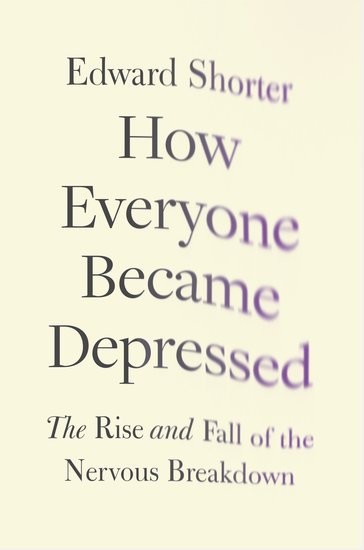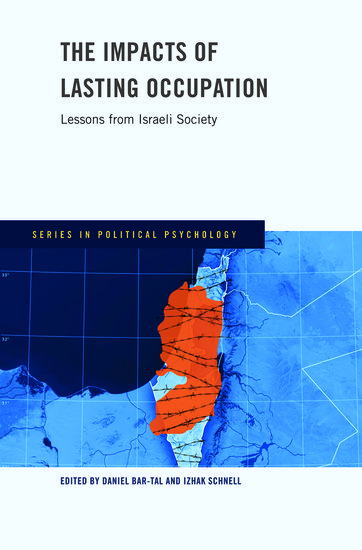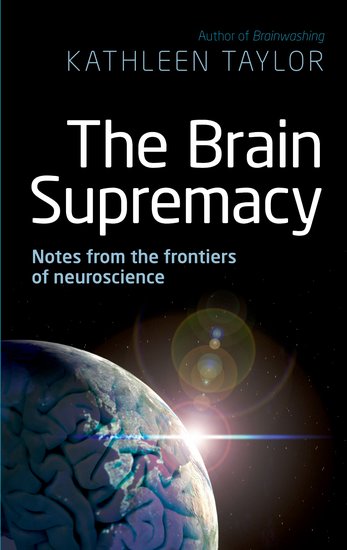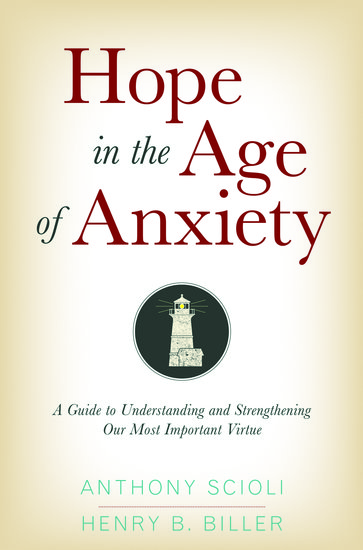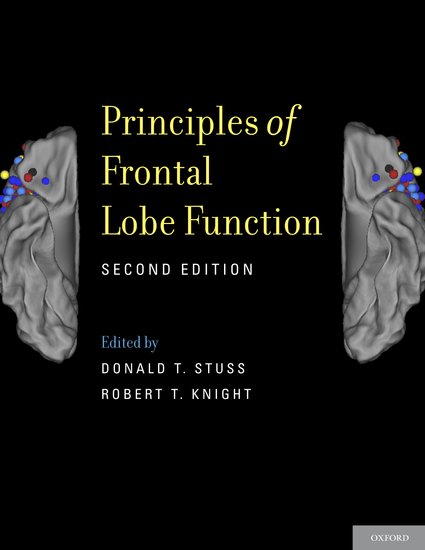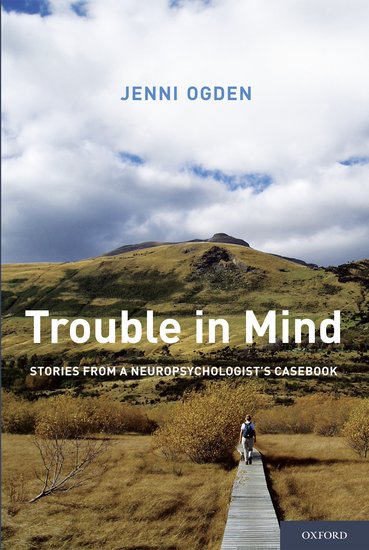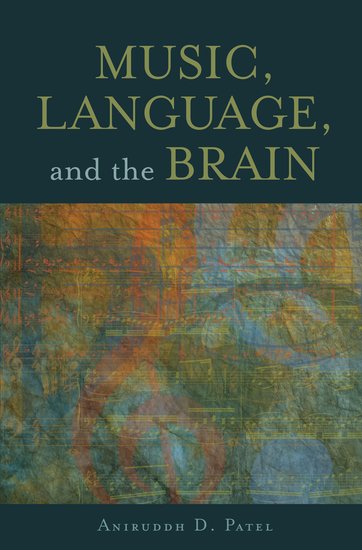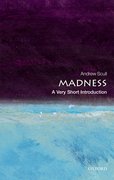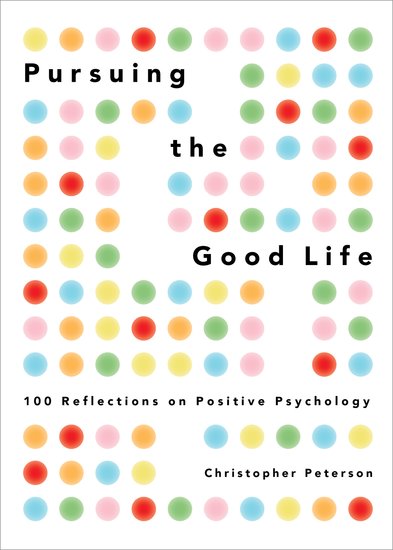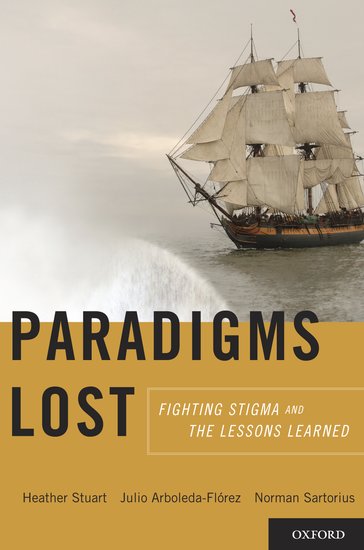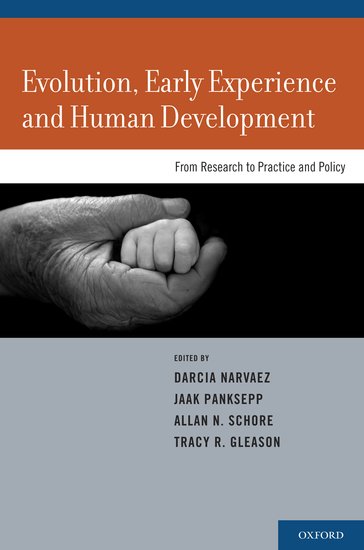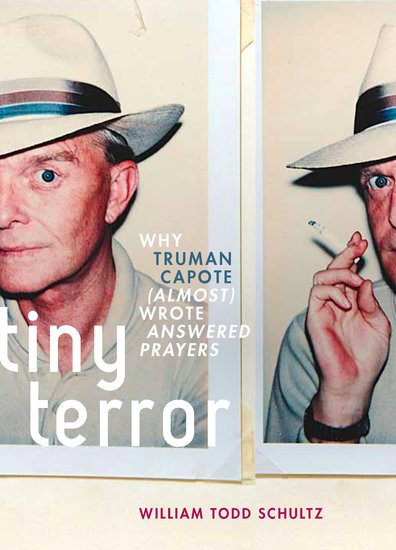Personality disorders, the DSM, and the future of diagnosis
By Edward Shorter
Ben Carey’s thought-provoking article in the New York Times about the treatment of personality disorders in the forthcoming fifth edition of the Diagnostic and Statistical Manual (DSM) of the American Psychiatric Association raises two questions:
1. Do disorders of “personality” really exist as natural phenomena, comparable to mania or dementia?

